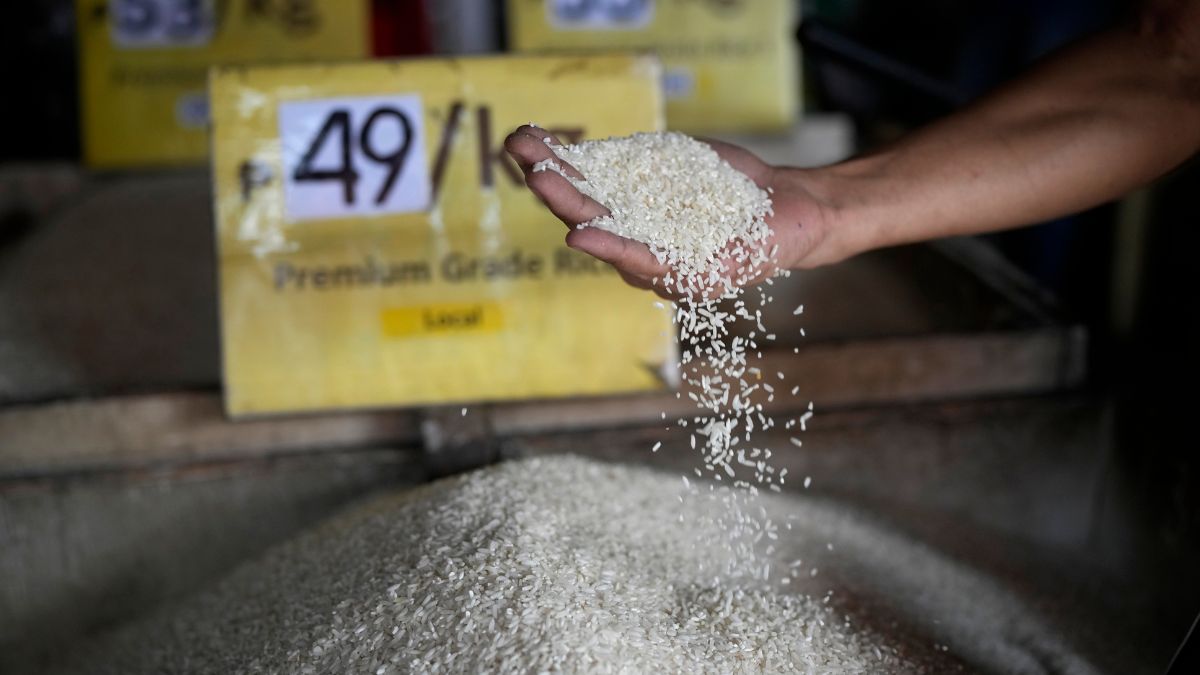Maldives has expressed gratitude to India for lifting export curbs on essential commodities in the current financial year to help the island nation elevate from some of its economic troubles.
In a statement on X, Maldives’ Foreign Minister Moosa Zameer said, “I sincerely thank EAM Jaishankar and the Government of India for the renewal of the quota to enable Maldives to import essential commodities from India during the years 2024 and 2025."
I sincerely thank EAM @DrSJaishankar and the Government of #India for the renewal of the quota to enable #Maldives to import essential commodities from India during the years 2024 and 2025.
— Moosa Zameer (@MoosaZameer) April 5, 2024
This is truly a gesture which signifies the longstanding friendship, and the strong…
“This is truly a gesture which signifies the longstanding friendship, and the strong commitment to further expand bilateral trade and commerce between our two countries,” he added.
The Directorate General of Foreign Trade (DGFT) in a notification said these exports have been permitted to Maldives under the bilateral trade agreement between countries during 2024-25.
Impact Shorts
More ShortsThe development is significant as the export will occur amid a diplomatic standoff between the two countries, triggered by the Maldives after President Mohamed Muizzu leaned towards China after coming to power last November.
What goods will be exported to Maldives?
Under the deal, India will export essential goods like eggs, potatoes, onions, rice, wheat flour, sugar, and lentils.
Apart from these items, India will also provide Maldives with stone aggregate and river sand.
Until now, the export of the mentioned commodities was either restricted or prohibited.
How much quantity of goods will be sent?
The specified quantity allowed includes potatoes (21,513.08 tonnes), onions (35,749.13 tonnes), rice (1,24,218.36 tonnes), wheat flour (1,09,162.96 tonnes), sugar (64,494.33 tonnes), dal (224.48 tonnes), stone aggregate (one million tonnes) and river sand (one million tonnes).
The exports of river sand and stone aggregate will ensure that the suppliers/extractors have obtained appropriate clearances and mining of the sand is not undertaken in the coastal regulation zone area, which is prohibited under the coastal regulation zone notification.
Exporters have to obtain necessary environmental clearances from the designated nodal authority of respective state governments from where sand is obtained.
With inputs from PTI


)

)
)
)
)
)
)
)
)



